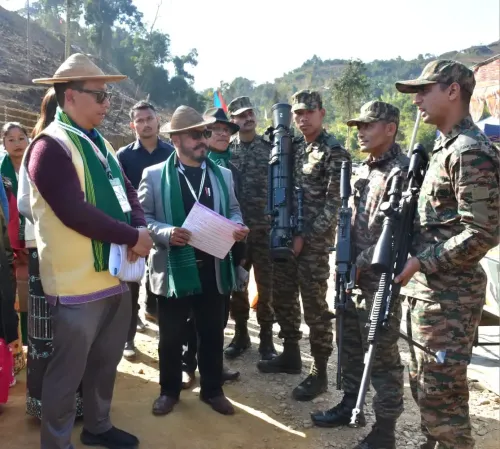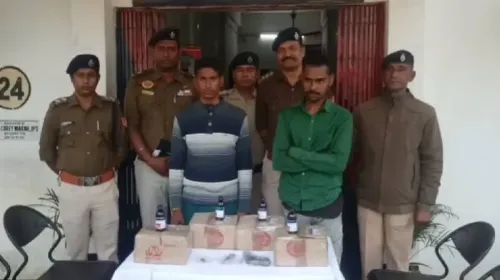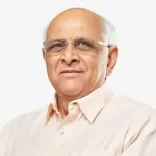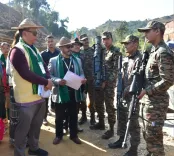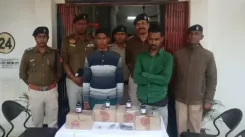Rise in Minimum Temperature Across Jammu and Kashmir; Srinagar Reports Minus 3.6
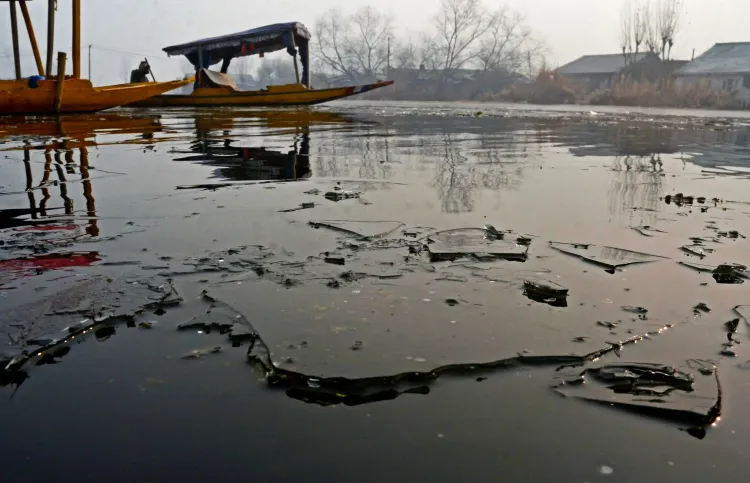
Srinagar, Dec 23 (NationPress) Following a night of cloud cover, the minimum temperature showed improvement across Jammu and Kashmir on Monday, with Srinagar city recording a low of minus 3.6. The Meteorological (MeT) department announced that the rise in minimum temperature is expected to persist for another two days, after which a new bout of extreme cold is anticipated in Kashmir.
While the night temperatures have improved, the daily life of residents has been significantly affected due to issues like frozen water taps, slippery roads, and ongoing electricity shortages throughout the Valley.
Recognizing the seriousness of the circumstances, Chief Minister Omar Abdullah has canceled all his external engagements and opted to stay in Kashmir to tackle the concerns of the populace.
“In response to the severe cold conditions in the Kashmir valley and the resulting challenges with water and electricity supply, I have decided to cancel my upcoming programs in Jammu and remain in Srinagar for the upcoming week to personally oversee the operations of the Power department and other critical sectors,” the CM posted on X.
The harsh winter phase known as ‘Chillai Kalan’, which lasts for 40 days, commenced on December 21 and will conclude on January 30.
Many water bodies, including rivers, streams, and lakes, have begun to freeze, complicating navigation for boats in these areas.
On the temperature front, Srinagar recorded minus 3.6, Gulmarg noted minus 4.8, and Pahalgam experienced minus 5 as the minimum temperatures.
In Jammu city, the minimum temperatures were recorded at 6.7, while Katra noted 7, Batote 2.7, Banihal minus 1.7, and Bhaderwah minus 0.7.
To combat the frigid conditions during Chillai Kalan, locals don loose overgarments called ‘Pheran’. Additionally, a firepot made from willow wicker, known as a ‘Kangri’, is kept under the Pheran, serving as an effective alternative to central heating for most Kashmiris. For many years, the lack of adequate electricity has been a primary concern for residents, even with the development of numerous new power generation initiatives; electricity shortages remain a common issue.




